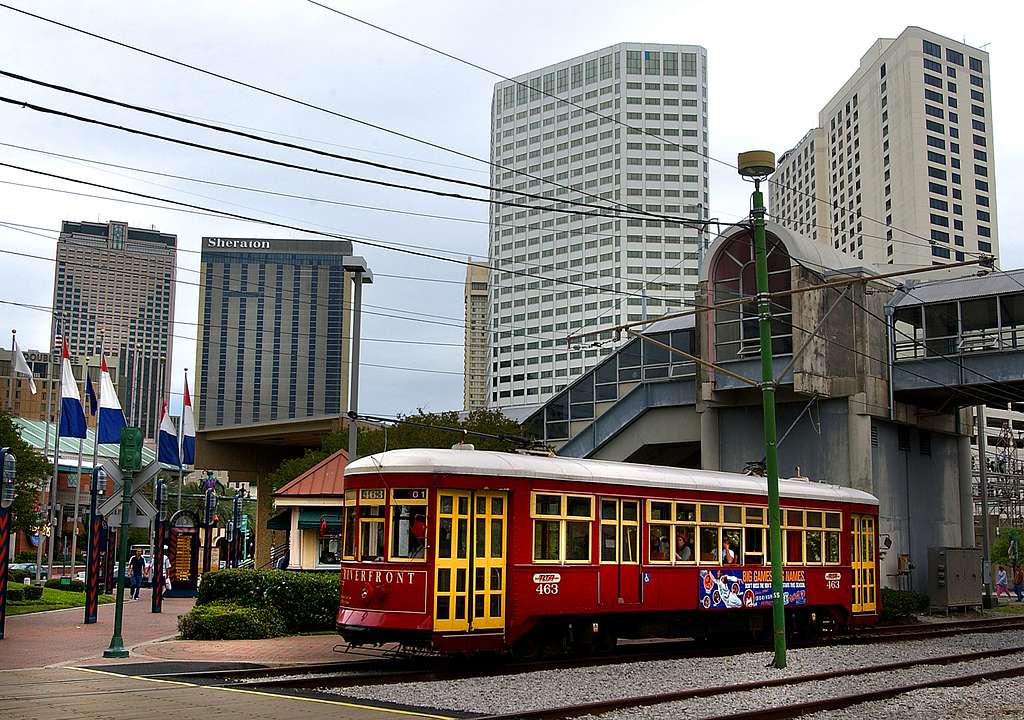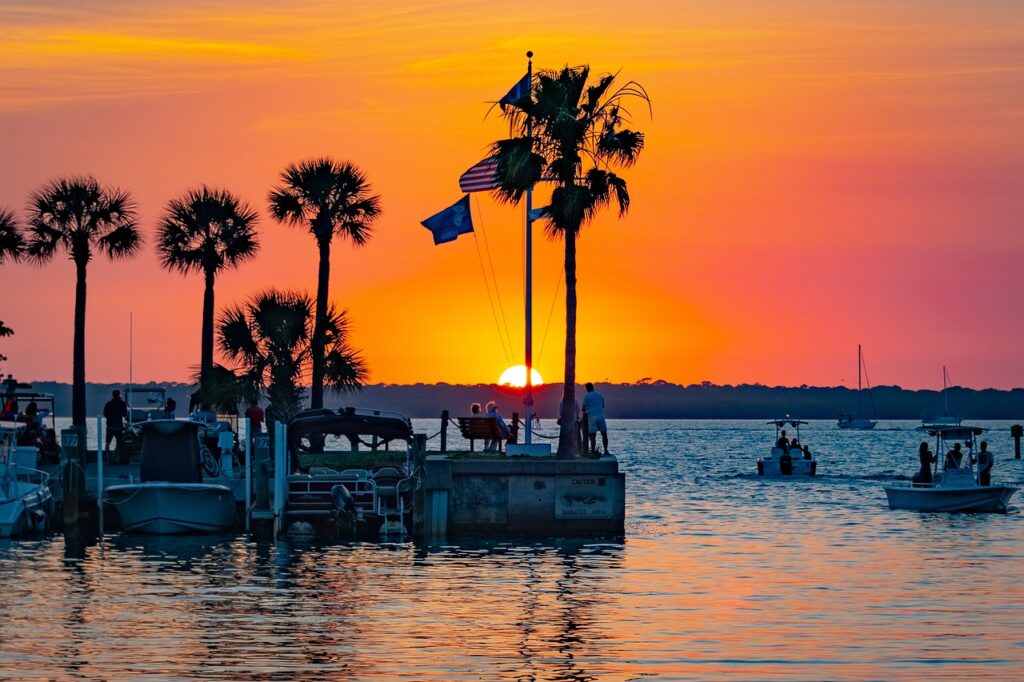Louisiana’s ambulance services face extreme financial strain with Medicaid reimbursements below $175 per transport while serving communities devastated by hurricanes and economic hardship, realities that place Ambulance Collections in Louisiana under constant pressure. High poverty rates, frequent natural disasters disrupting operations, and the nation’s second-highest uninsured rate create collection environments where many providers struggle to cover basic operational costs.
Payer Mix Reality
Louisiana ambulance providers manage a severely challenging payer mix with Medicaid dominating 42% of transports, Medicare 32%, commercial insurance only 17 %, and self-pay 9%—a balance that heavily influences Ambulance Collections in Louisiana. Post-Medicaid expansion, the shift toward government payers has intensified financial pressures on Louisiana EMS billing-recovery operations as reimbursements fail to match rising costs.
Major commercial payers include Blue Cross Blue Shield of Louisiana (60 % market share), Humana, UnitedHealthcare, Aetna, and Vantage Health Plan. BCBS Louisiana’s dominance requires strict adherence to their billing standards to safeguard Ambulance Collections in Louisiana. Commercial reimbursement averages $600-900 for BLS and $1,100-1,700 for ALS, well below national norms despite weather-driven operating costs.
Collection rates tell the story: commercial insurance 58-68%, Medicare 50-56%, Louisiana Medicaid 30-38%, self-pay just 4-8%. Such low yields, especially in rural parishes after storms, demand innovative strategies to sustain Ambulance Collections in Louisiana while serving vulnerable populations.
State Medicaid & Compliance
Louisiana Medicaid runs through five MCOs—Aetna, AmeriHealth Caritas, Anthem, Humana, and UnitedHealthcare—each with different rules that complicate Ambulance Collections in Louisiana. Ground-ambulance rates stay critically low at $165-185 for BLS emergencies, and mileage fails to reflect challenges like wetlands and storm-damaged roads.
No Surprises Act rules overseen by the state mandate transparency. For compliant Ambulance Collections in Louisiana, providers must document emergencies and transport necessity while shielding patients from surprise bills.
Prior-authorization chaos adds risk: some MCOs require pre-transport approval; others allow 48-hour post-runs. During hurricanes, normal processes may be suspended, so disaster-ready protocols are vital to keep Ambulance Collections in Louisiana flowing.
Schedule a demo today—24-hour turnaround—to maximize revenue despite Louisiana’s tough reimbursement climate with Midwest Service Bureau’s disaster-ready billing solutions.
Collection Laws
Debt-collection regulation follows the Louisiana Unfair Trade Practices Act and FDCPA, with extra nuances under the state’s Napoleonic Code—factors every firm must grasp for ethical Ambulance Collections in Louisiana. Wage-garnishment limits for heads of household and $35 k homestead-exemption rules require patient-friendly approaches before aggressive actions.
Statutes of limitation run three years on open accounts and ten on written contracts. Accurate documentation decides which clock controls each step of Ambulance Collections in Louisiana. Recent laws focus on shielding hurricane victims from harsh tactics and demand transparent pricing from ambulance providers.
Local EMS Landscape
Louisiana’s EMS network blends private firms, fire departments, and hospital systems, coping with wetlands, offshore platforms, and hurricane evacuations—all of which complicate Ambulance Collections in Louisiana. Around 280 licensed services span dense cities like New Orleans and Baton Rouge to vast rural parishes. Distances range from short urban hops to 60-100-mile rural transfers; water barriers and eroded roads inflate costs against flat reimbursements, eroding margins on Ambulance Collections in Louisiana.
Case Study
In Lafayette, Acadiana Regional EMS cut 120-day A/R from $3.5 million to $2.0 million by adopting hurricane-resistant billing and regional resource-sharing, boosting Ambulance Collections in Louisiana by 35%. Key moves included mobile billing units after storms, MCO denial reductions (33% ➜ 14%) via stronger documentation, and workflows tailored to disaster periods—proving robust planning can keep Ambulance Collections in Louisiana on track even amid extreme challenges.
Contact Our Ambulance Collection in Louisiana
Ready to optimize your ambulance collection in Louisiana? Midwest Service Bureau understands Louisiana’s unique challenges. Call 316-263-1051 to discuss your specific needs.
Phone: (316) 263-1051
Address: 625 W. Maple St., Wichita, KS 67213





